Research on forest regeneration dynamics after fires in Yellowstone National Park, cultural and scientific exchange part of collaboration between Montana Technological University and University of Camerino
Montana Technological University and the University of Camerino in Italy launched a collaboration in the Fall of 2023 that will provide a cultural and scientific exchange of ideas between the two institutions, including a research proposal to study how lodgepole pine forests are recovering after fire events and how the under canopy changes with maturity in relation to species composition in Yellowstone National Park.
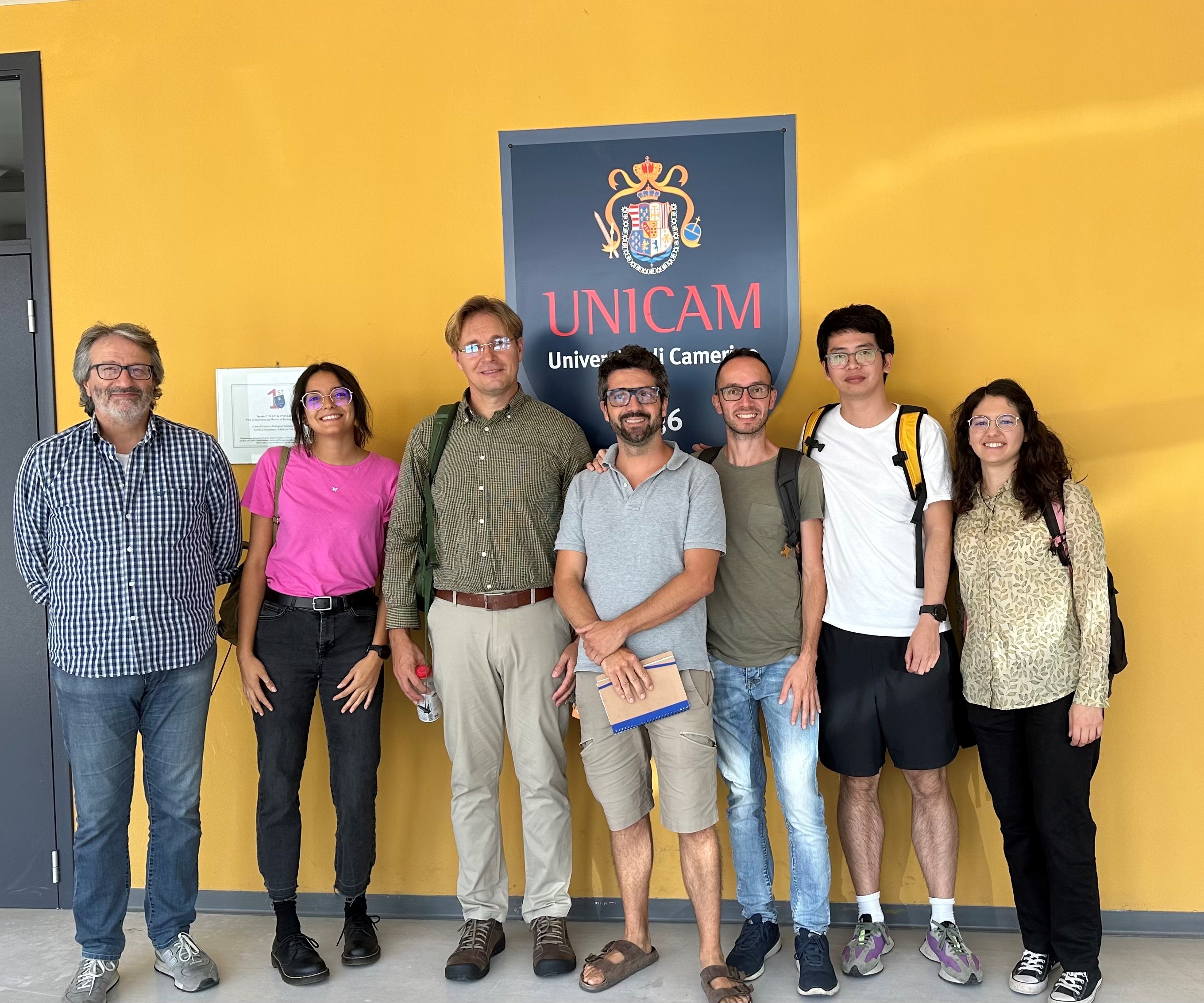
It is crucial to understand these topics because the majority of previous studies focused only on the recovery of the tree layer, but a majority of the changes indicating successional pathways will happen in the herb layer. The study also has ramifications for basic forest ecology, ecological restoration, and forest management.
The exchange is funded by a €47,580 grant from Erasmus+, the European Union’s program to support education, training, youth and sport in Europe. Montana Technological University Associate Professor Robert Pal had previously participated in an exchange with the University of Camerino while he was employed at the University of Pécs, Hungary. The Erasmus+ program previously only facilitated exchange between universities within Europe, but was expanded to include off-continent universities recently.
“The researchers at the University of Camerino have a successional model that we would like to apply in the Yellowstone ecosystem,” Pal said. “After fire events we would like to see what to expect from forests of a certain age. What structural and compositional changes should we see in those forests?”
In September Pal wrapped up time at the University of Camerino campus, established in 1337. Camerino is located in the Marche region of Italy, which includes the beautiful Apennine mountains and is within a couple hours’ drive of famous culturally significant cities and areas, including Florence, Pisa, Sienna, and Rome. Amongst the historical architecture, Pal finds familiar plant invaders (from the US) that offer teachable moments as to why such species need to be studied and managed on the global stage.
In a Zoom call from campus, Pal pointed out a sprig of Canadian horseweed poking up at the edge of a terrace at the University of Camerino.
“This is a plant that is native to Butte, but it is causing problems because it is now found not just all over Italy, but around the globe,” Pal notes.
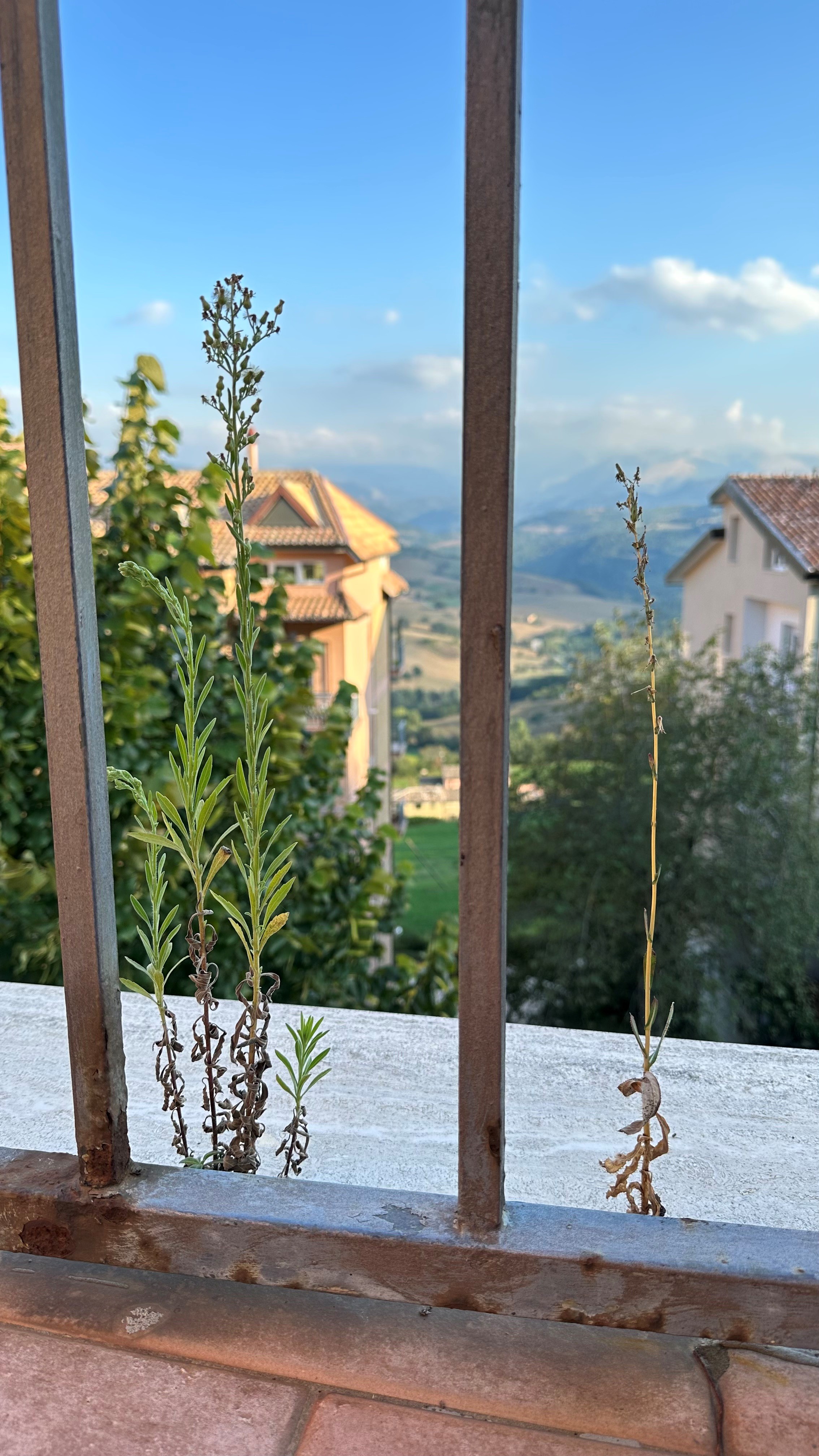
The prickly lettuce growing next to the Canadian horseweed on the same terrace is native to Italy, but is causing problems in the United States.
The partnership between the University of Camerino and Montana Tech, made possible through the current Erasmus+ grant, is set to span a four-year period. During this time, professors and students from both institutions will engage in collaborative projects and attend courses at each other's campuses.
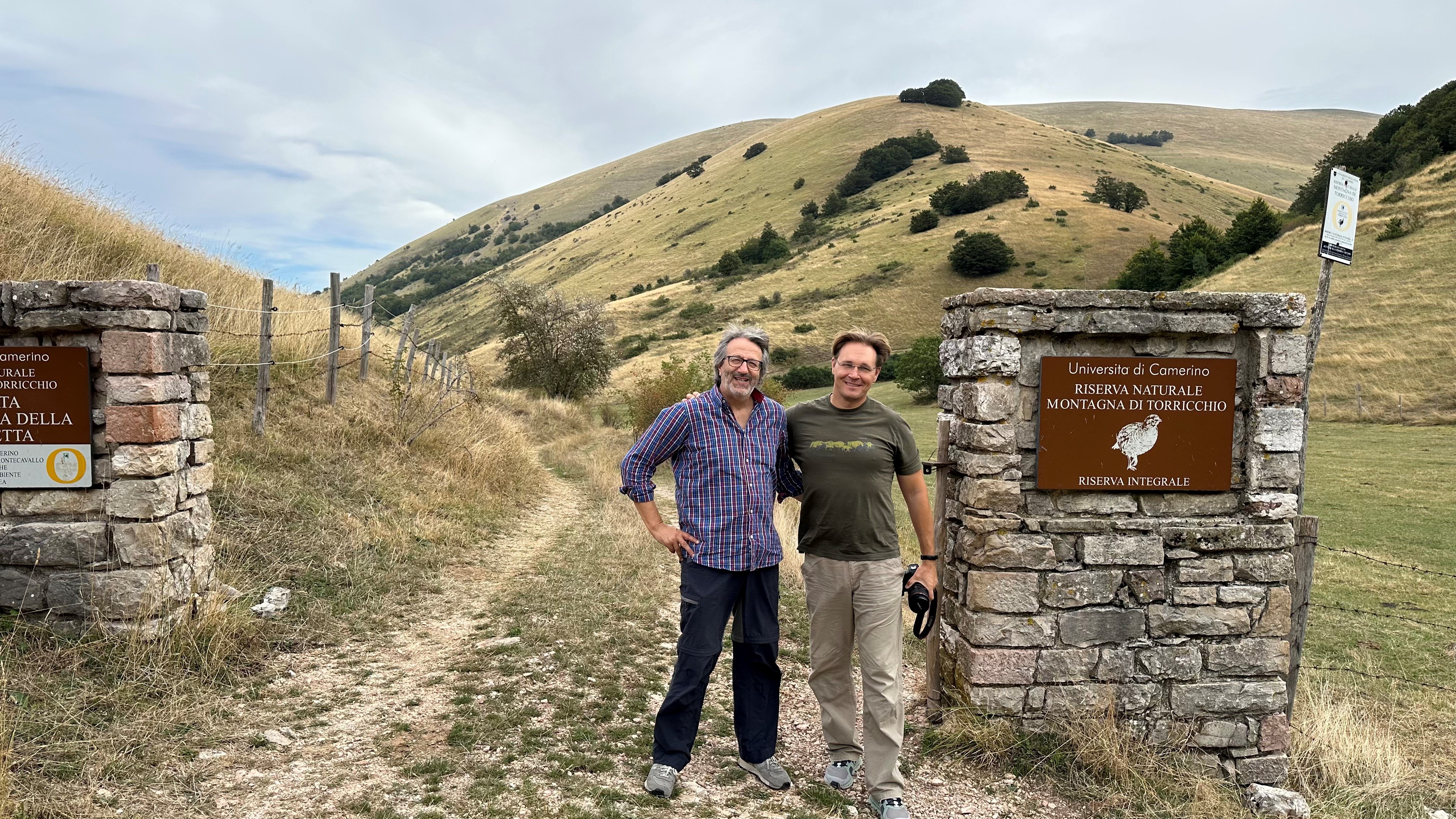
This dynamic exchange program empowers participants to immerse themselves in a foreign academic environment, fostering opportunities for cross-cultural exploration and scholarly discourse. It enables them to draw insightful comparisons between their respective cultures, enabling them to draw valuable conclusions about their own nations. This comparative analysis extends to academic and research practices, as well as the practical applicability of their knowledge in the job market
“There is also the cultural element,” Pal said.
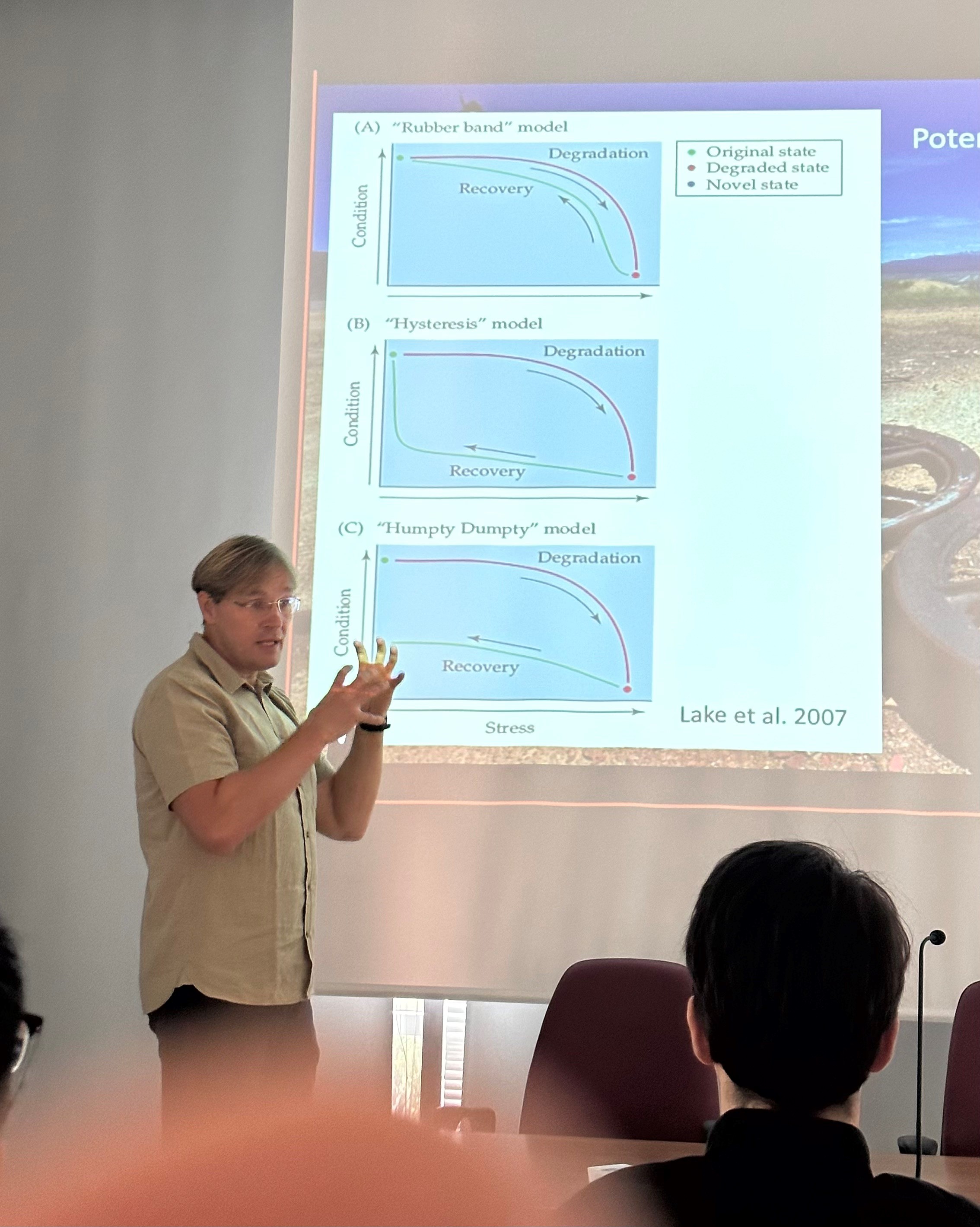
The world’s best pasta and gelato are available to enjoy after work, and Camerino is a historical town with medieval buildings. Though an earthquake in August 2016 damaged many structures and forever altered the region, the charm of the area remains much the same, Pal said.
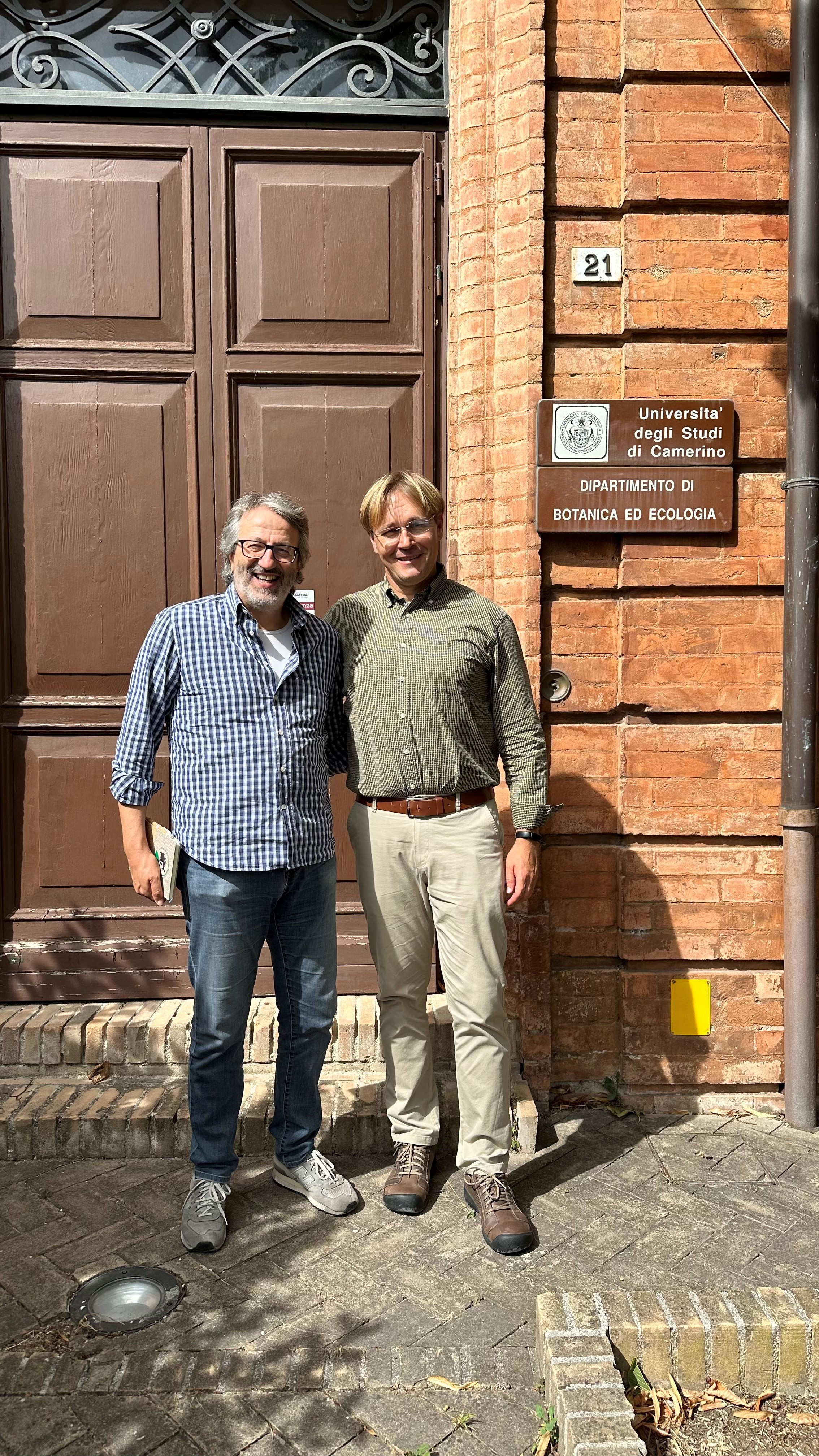
“On the weekends, there are good opportunities to look around in local area,” Pal said.
As part of the exchange, Pal gave seminars on the cross-boundary global concerns that invasive plants cause. He also worked on the Yellowstone research proposal, planning the GIS elements that will be necessary to conduct the study. In October Pal plans to travel to Germany to collaborate with a former PhD student. To learn about opportunities to participate in the Erasmus+ research or exchange, contact Dr. Robert Pal at rpal@mtech.edu.